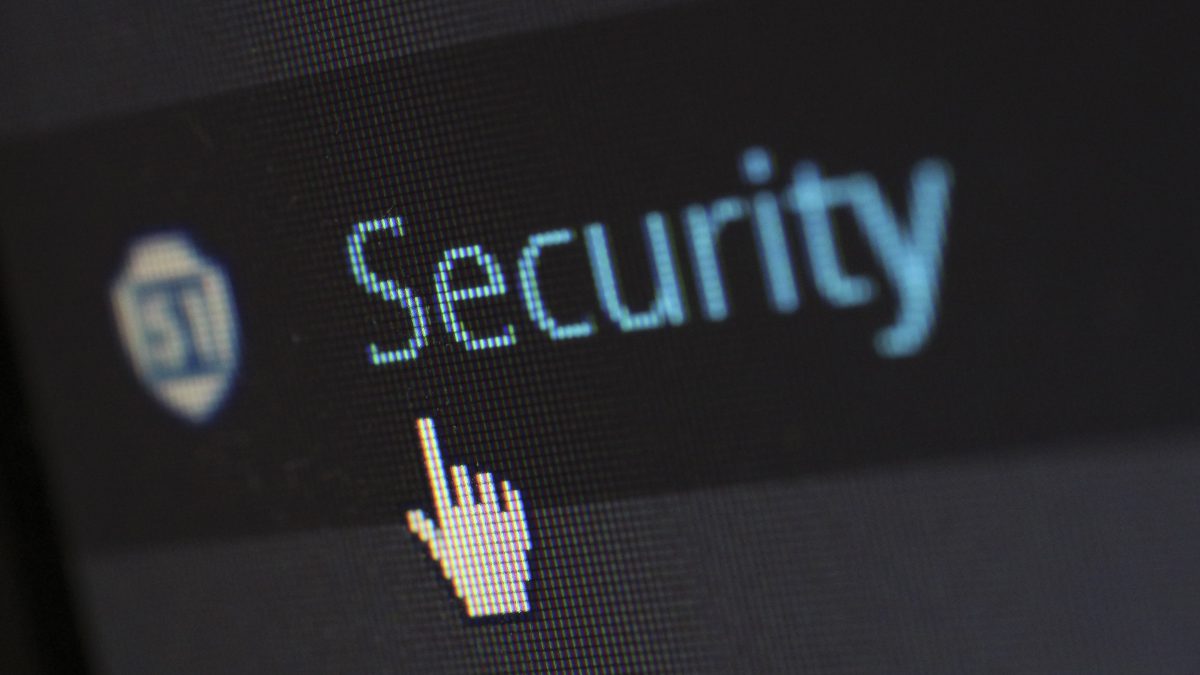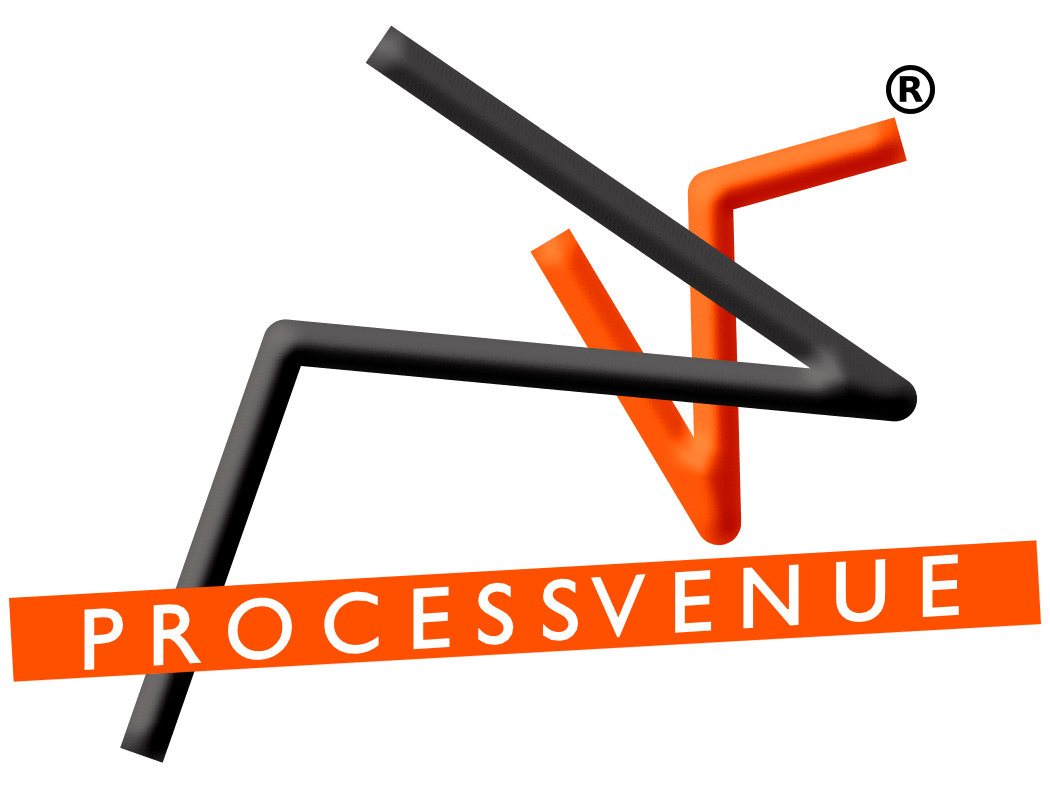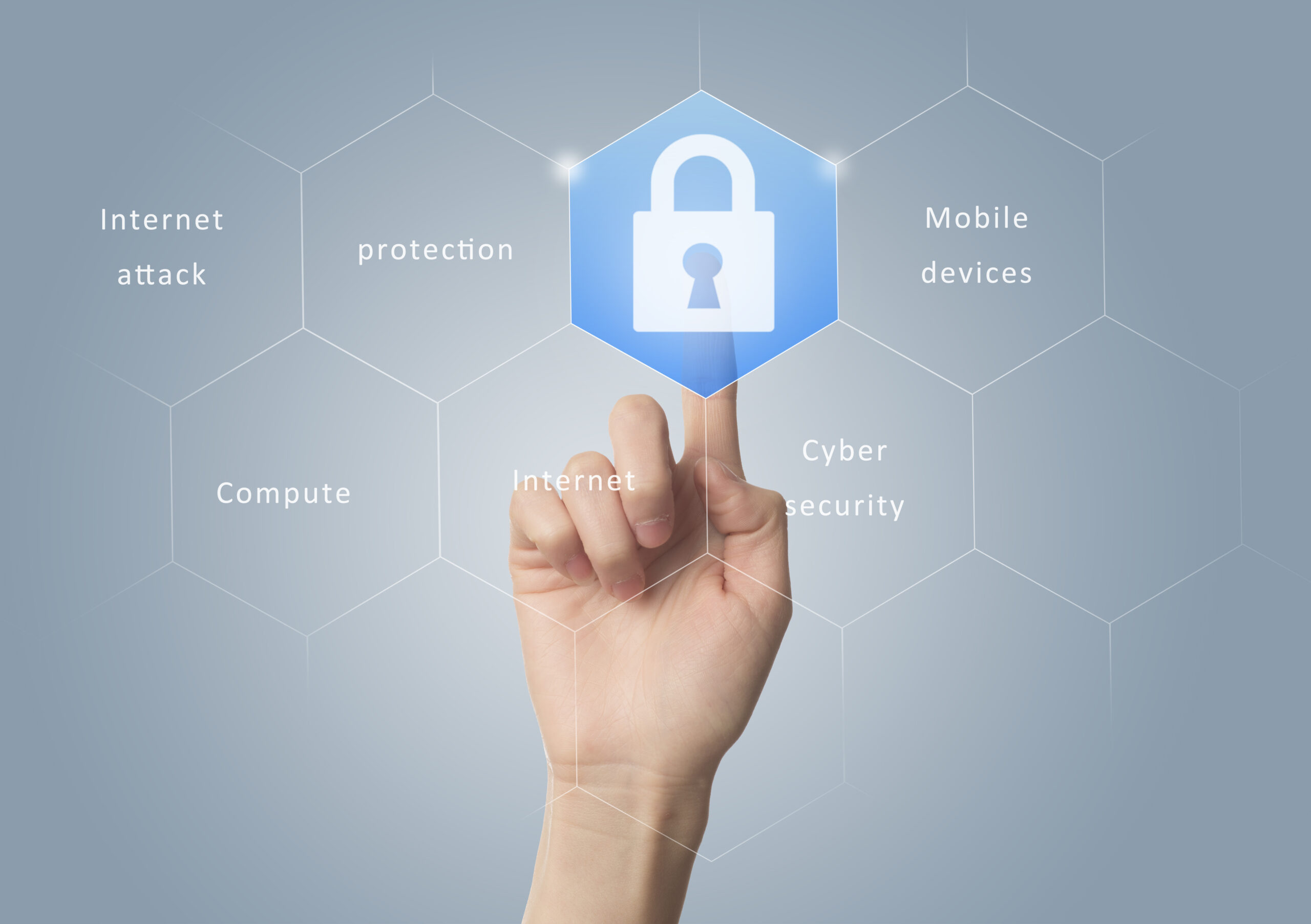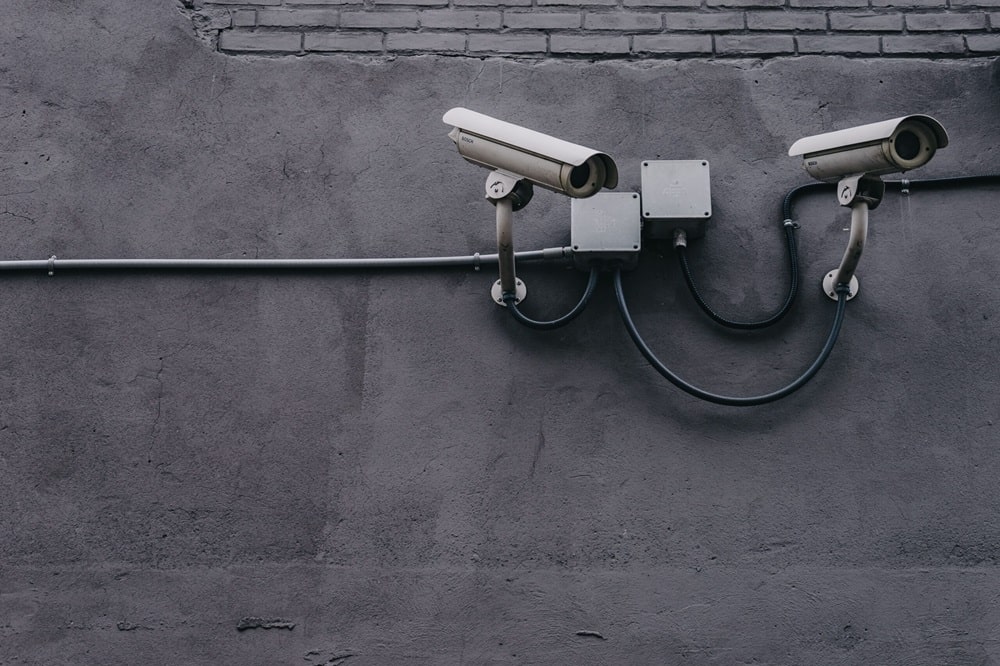
Why Small Businesses Need Secure Data Environments
|
Getting your Trinity Audio player ready...
|
To handle the data in large volumes, is the basic need for an up-to-date business enterprise. In such a cut throat competition, companies require to maintain their pace without putting their data security at stake. Due to increasing number of hackers and viruses, data security is the utmost importance. Are you tired of scrolling through big data and need to secure the database?
Making sure that the large amount of data is secured properly without overloading the storage device and without spending a high amount on it, trusted data security tools must be incorporated in the organization for better functionality.
Standards and regulations such as, ISO, PCI DSS, CSA STAR must be considered before storing your data.
Need and Importance for Secure Data Environment
As the web education is becoming popular, businesses with their online existence have made spaces for online threats and web hacking. Viruses, cyber-attacks, trojan horses and other malwares may be tough to deal with. A robust security system with all round data protection and limited access becomes the top priority in an organization.
According to one estimate, companies may suffer financial and identity loss. Similar case with the London NHS in 2017, when their one third of business was rattled by “Wanna Cry” ransomware attack.
The market reputation for any company is crucial when it is earned with hard wok and being easy with cyber security is not an option. Data loss is far more worse than a financial loss.
So what is the importance of data security and why to rely on such organizations having data security features? Imagine turning up for work and you find your database stolen/ deleted because of no data security or your personal computer gets hacked taking away all your login information. No employee ever wishes to loose their hard earned database and the important documents and information associated with it.
To resolve this insecurity and create a safe ecosystem within the organization, data security is a must. It is not only related to workstation but all round protection of employees and organization from storing biometric information to transferring confidential files.
Understanding viable threats can save investing time and money on security issues. Knowledge about new threats and viruses can be cumbersome, so working apace with the trusted security partner, either outsourced or in house, can help combat threats. It should be supported with organization wide commitment.
How to Get Started
To have a good grip on the future threats, following are the ways to keep your data safe and secure. Let’s have a look:
1. Data Understanding
There are ton of data that is processed everyday in companies that require protection but not all data needs restriction or protection. Understanding what data needs what kinds of protection may help in categorizing the risk associated with it.
2. Locate Your Data
After understanding what data needs protection, locating the data stored in different folders and files, maintaining a proper list and noting down everything related to data need to be done in order to streamline the process.
3. Analyze Your Data
Now analyze the data on the basis of the need. Like sales report, do you need it all? Only keep the required data and reduce it to the most needed one.
4. Categorize Your Data
There are different level of risks associated with different types of data. Some are more risky and some are not. To make the process simple, categorize the data into three bold heads according to their level of sensitivity
- Restricted or Highly Confidential: this data can pose danger to the company id accessed. It needs to be controlled and monitored on regular basis. Data in this category cannot be exposed at any cost.
- Confidential or Private: data into this category is mildly sensitive, which means that if accessed, it can pose mild danger to the company. This data is looked by the heads of the department or by the team that has the control over the data.
- Public or Visible: this category has the data which is accessible to all. This type of data will not harm the company if exposed which means, there is no risk associated with public data.
5. Strategize What To Protect
By defining the data into categories will not help unless there is a proper strategy to along with it. Which data needs what level of protection? how to protect the data to make sure it doesn’t leak? And who will be responsible? This thinking process will help in making sure the data gets the best protection against the malwares. Simply, allot the employee associated with the data with the procedures of protection. Only then there is a smooth functioning of the business is estimated.
6. Choices of Storage and Security
Choice of storage needs to be considered whether the data needs to be saved in a local file or on cloud? The encryption associated with the level of sensitivity of data to make it more safe. The admin rights, or in other words, the person handling the key to the data. And the end to end security or encryption while sharing data on public network.
Benefits of Good Data Management
If established correctly and steps are followed diligently, this system can empower an organization with all the information required to resolve the exposure. It means that company can have a track record of all the abnormal activities that led to the exposure.
It can even help in investigation of cyber attack and in examining what amount of information is exposed as well as in stating the information exposed was sensitive or not. On basis of the report analysis can be done to avoid future breaches and combat cyber attacks.
Conclusion
Whether it is a private business or public enterprise, cyber security is taken seriously. With increasing number of cyber attacks and new ways to hack data are discovered every day, there is no denying the fact that cyber security will be needed in every organization.
It is also to be noted that some companies with false claim to cyber security can also harm the business. It is not completely possible to eradicate cyber threats but we can minimize the impact of cyber attack. For example- an unprotected device (not protected by firewall) access internet on a public network, this will make the work for a hacker even more simpler, breaching the privacy and leaking the confidential data. The reputation of the company is compromised in few minutes.
To avoid such blunders, reviewing the security and updating the security licence every year can mitigate threats and make the environment secure to work with.
After all, better safe than sorry!
Is your data safe and secured? Contact us for the best security consultation. Or comment down below to let us know if you face any issue regarding data security cause we love to help.



